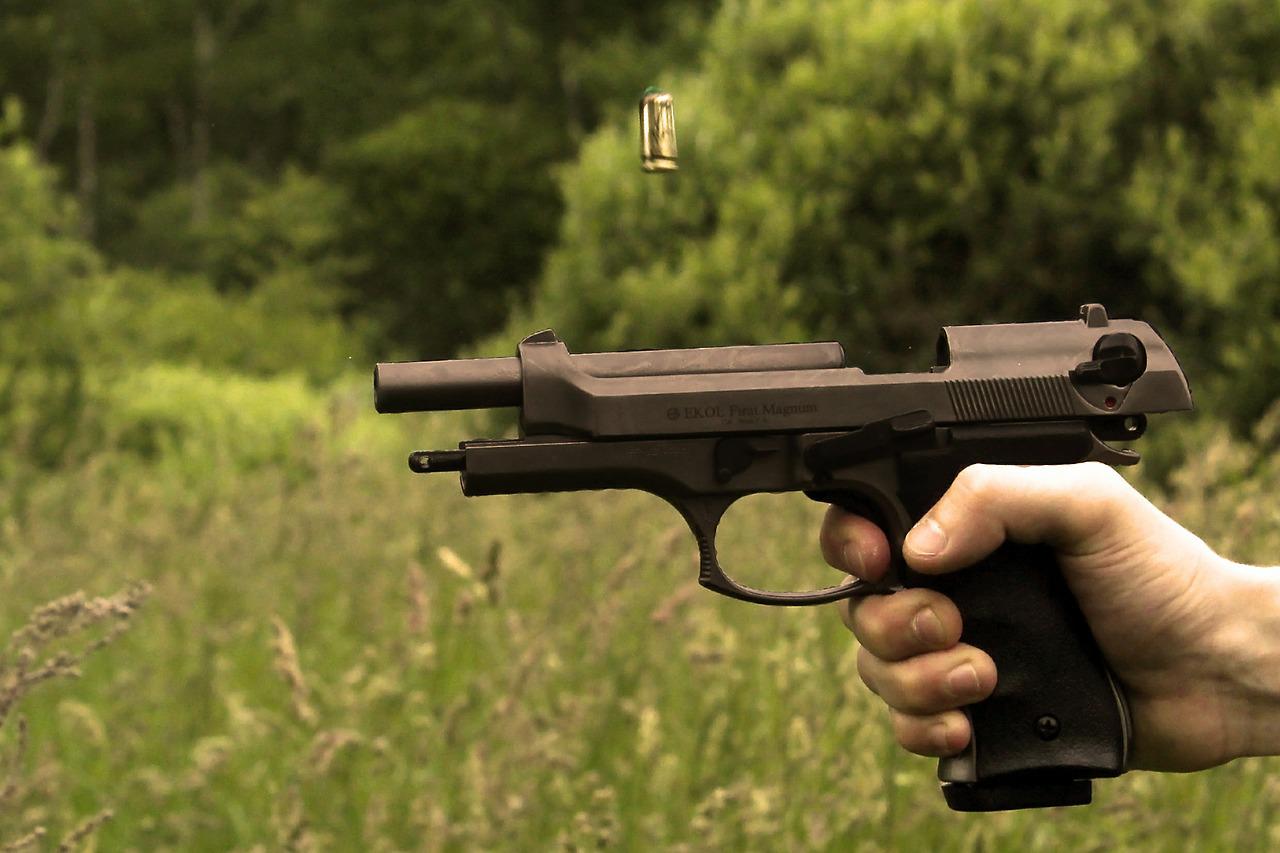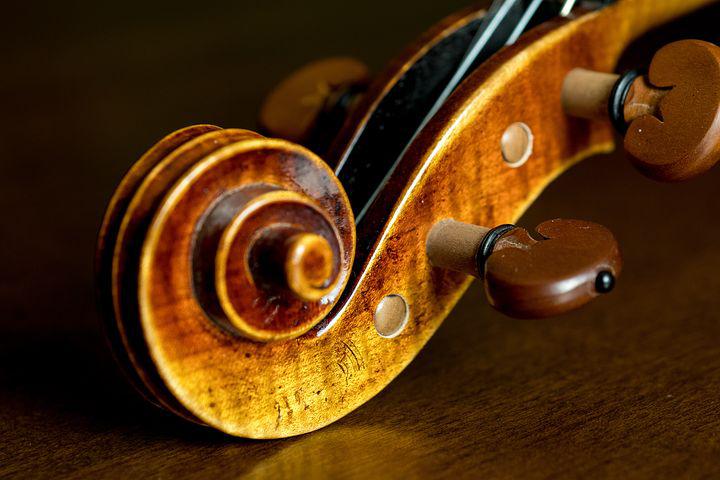I had a miscarriage at 17 weeks while on a week’s holiday in Menorca forty years ago. Time heals the hurt but never erases the memory. In those days we didn’t talk about such things, much less write about them, but now that I have this blog, the time is right.
 After we arrived at the hotel I noticed a single drop of bright red blood on my underclothes. I wasn’t particularly alarmed but felt I should perhaps have a check- up, just in case. At the island’s cottage hospital I was sent for an ultrasound scan. When the sonographer passed the probe over my stomach I craned my head to see the screen, and was immediately reassured by the sight of a grainy blob resembling a baby. A white-coated doctor then entered the room, asking an orderly who had mastered tourist English to translate the following: “I’m very sorry, there is no heartbeat, your baby is dead.” We were stunned – completely numb. He added, “also, this pregnancy is not as far advanced as you say – according to the measurements fetal demise occurred at least three weeks ago”. In other words I had been carrying a dead baby inside me for the past month! I was shocked and totally speechless. The doctor informed us that I needed to have surgery to remove the dead foetus, and that this had to be done soon. He could not vouch for my safety airborne at altitude if I discharged myself in order to fly back to Britain for the procedure.
After we arrived at the hotel I noticed a single drop of bright red blood on my underclothes. I wasn’t particularly alarmed but felt I should perhaps have a check- up, just in case. At the island’s cottage hospital I was sent for an ultrasound scan. When the sonographer passed the probe over my stomach I craned my head to see the screen, and was immediately reassured by the sight of a grainy blob resembling a baby. A white-coated doctor then entered the room, asking an orderly who had mastered tourist English to translate the following: “I’m very sorry, there is no heartbeat, your baby is dead.” We were stunned – completely numb. He added, “also, this pregnancy is not as far advanced as you say – according to the measurements fetal demise occurred at least three weeks ago”. In other words I had been carrying a dead baby inside me for the past month! I was shocked and totally speechless. The doctor informed us that I needed to have surgery to remove the dead foetus, and that this had to be done soon. He could not vouch for my safety airborne at altitude if I discharged myself in order to fly back to Britain for the procedure.
All night long I lay rigid in a hospital bed with my eyes wide open and my hands hovering protectively over my slightly rounded belly. I willed the inert mound to move, even just slightly, in order to prove that the doctor had been mistaken. Above my head hung a clipboard with my details. I could just make out the diagnosis printed underneath: Gravid: negativo. Muerte fetal. My baby was muerte. Dead! How could this have happened without my knowledge? What had I been doing a month ago that would cause my precious baby to die? Perhaps I shouldn’t have wielded that heavy vacuum cleaner… or maybe it was all those unripe plums I had eaten.
Next morning the young patient in the bed next to me smiled sympathetically, and the Spanish nurse who came to prepare me for surgery tried to reassure me via sign language. But I was beyond comforting; I just lay there as stiff as a plank, and silent like a corpse. Eventually I was wheeled away into the operating room. When I came round from the anaesthetic my husband was sitting on a chair beside me. Instinctively I put my hand out to feel my belly – it was now as flat as a pancake. I turned my face to the wall and tried to be brave, blotting out the cries of newborn babies wailing in their bassinets.
A few days later, at Mahon airport, along with a throng of tanned returning holiday makers, we boarded the aircraft that would take us home to Britain. I’ll never forget peering down at the receding view of a dot of land in the middle of a twinkling blue sea, sad that we had left part of ourselves behind on that sunny Spanish island.



 I’d be grateful if someone would explain why certain federal states in the USA have made illegal the termination of pregnancy at any stage of fetal development (with minimal concessions to maternal well-being) while at the same time continuing to legislate the Right to Bear Arms.
I’d be grateful if someone would explain why certain federal states in the USA have made illegal the termination of pregnancy at any stage of fetal development (with minimal concessions to maternal well-being) while at the same time continuing to legislate the Right to Bear Arms.









